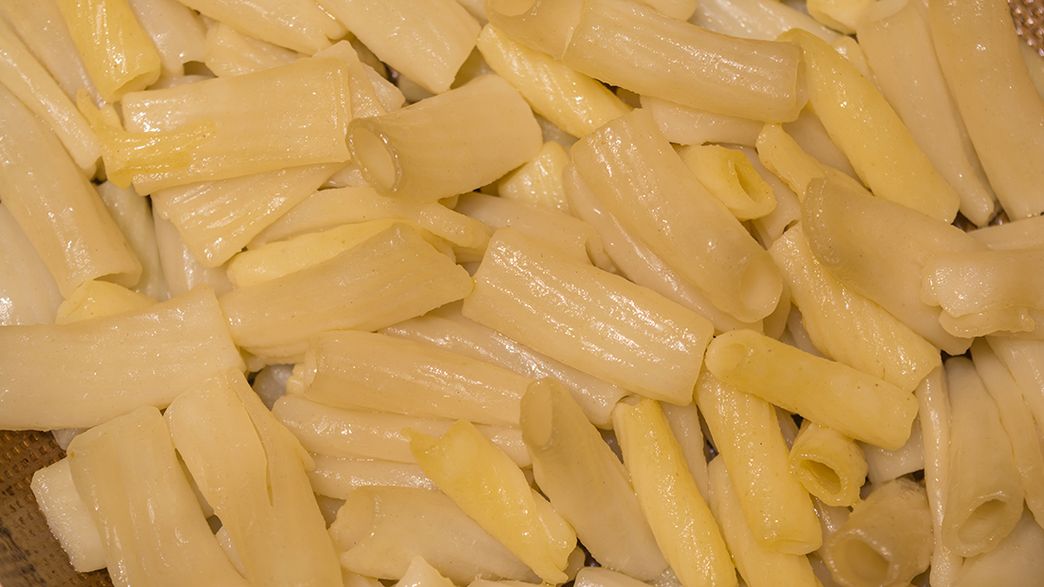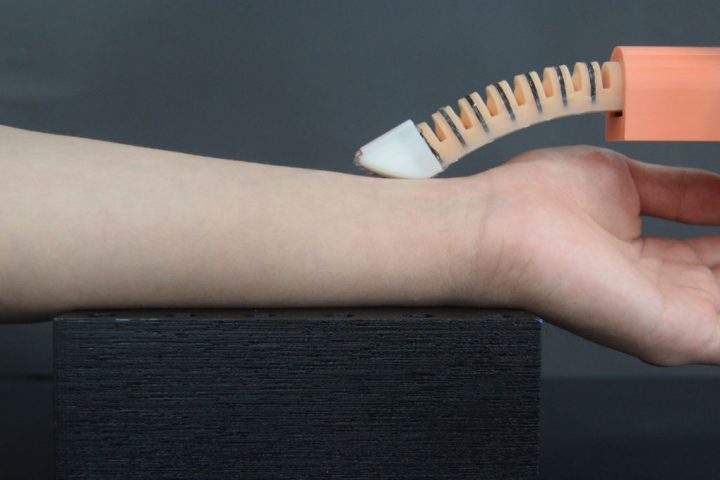In a shocking case that has gained attention thanks to Dr Bernard’s YouTube video, a tragic incident occurred when a student, who had poor knowledge of hygiene, tragically passed away in his sleep after consuming 5-day-old pasta.
The 20-year-old student, whose identity remains undisclosed in case reports, used to prepare his meals for the entire week on Sundays in an attempt to save both time and money. According to Dr Bernard, he would cook pasta, store it in Tupperware containers, add sauce, and reheat it throughout the week.
Unfortunately, this student from Belgium reheated spaghetti that had been prepared five days prior and left at room temperature in the kitchen, as stated in a case study published in the Journal of Clinical Microbiology. Mistakenly attributing the strange taste to the new tomato sauce, he consumed the entire meal and proceeded to engage in sports activities.
Within just 30 minutes of consuming the pasta, he began experiencing excruciating abdominal pain, nausea, and a severe headache. Despite returning home and suffering from intense episodes of watery diarrhea and vomiting, he chose not to seek medical attention. Instead, he opted to stay at home, hydrate himself, and try to sleep it off.
The following morning, his parents grew concerned when he failed to get out of bed for college. Upon checking on him at 11 am, they discovered that he had tragically passed away.
It is important to note that Dr Bernard’s report is loosely based on a few cases of this type of food poisoning. Please be aware that in this particular case, the student consumed a bottle of medicine. This detail does not apply to the student from Belgium mentioned in the main body of the article.
An autopsy revealed that the student had passed away at 4 am, approximately 10 hours after consuming the spaghetti. His body underwent examination, while samples of the pasta and pasta sauce were sent to the National Reference Laboratory for Food-borne Outbreaks (NRLFO) for analysis.
The autopsy findings indicated liver necrosis, suggesting that his liver had ceased functioning, along with possible signs of acute pancreatitis. Fecal swabs revealed the presence of Bacillus cereus, a bacteria responsible for causing “fried rice syndrome,” a type of food poisoning commonly associated with leaving fried rice dishes at room temperature for extended periods.
The sample of the student’s meal sent to the NRLFO contained significant amounts of Bacillus cereus, confirming that the pasta meal was indeed the cause of his illness, ultimately leading to his untimely demise just hours later.
Watch a timelapse of Bacillus cereus growing, if you weren’t already put off your lunch.
Surprisingly, Bacillus cereus poisoning is not uncommon. In 2003, a family fell extremely ill after consuming an 8-day-old pasta salad during a picnic, resulting in Bacillus cereus-associated food poisoning. All five children required medical intervention and intensive care, and tragically, the youngest girl, who was only 7 years old, lost her life due to liver failure.








